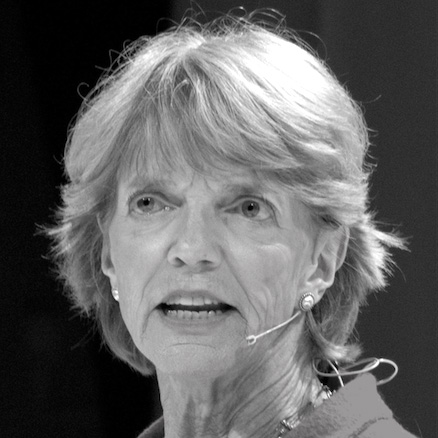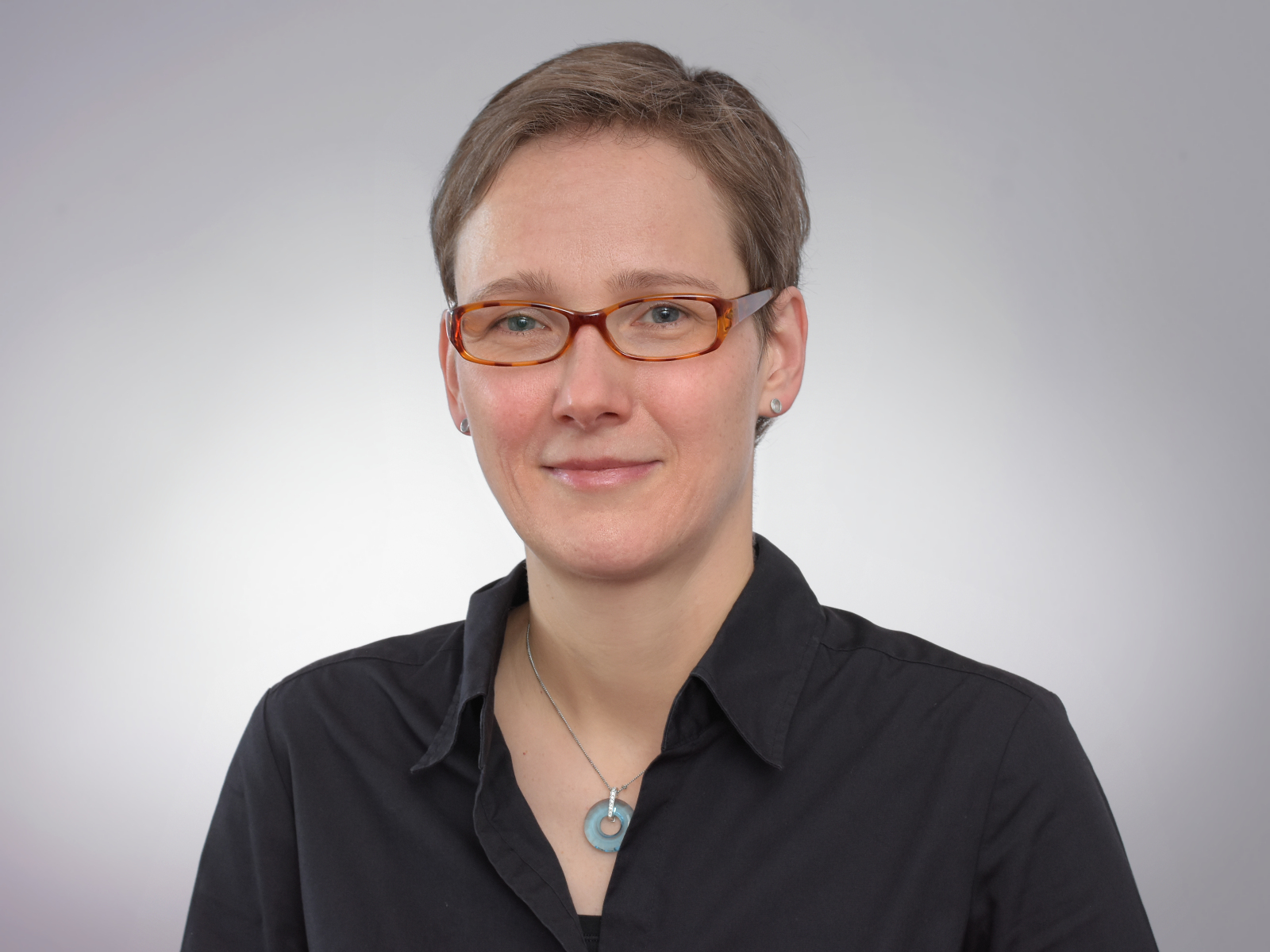
Michele Rucci, University of Rochester (Hosted by Marianne Maertens): Seeing by Moving: The Indissoluble Bond Between Perception and Action
Seeing by moving: the indissoluble bond between perception and action Establishing a representation of space is a major goal of sensory systems. Spatial information, however, is not always explicit in the incoming sensory signals. In most modalities it needs to be actively extracted from cues embedded in the temporal flow of receptor activation. Vision, on















